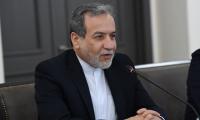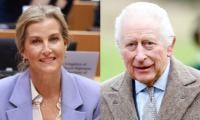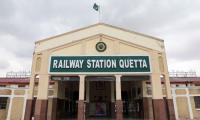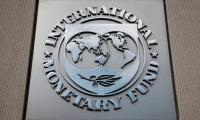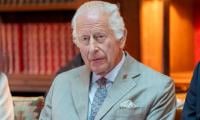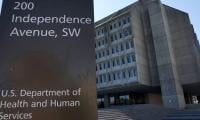LAHORE: The Punjab government, in a strategic move to strengthen its legal position, has directed the Prosecution Department to appoint top lawyers as “Special Additional Public Prosecutors” for critical cases related to the May 9 attack on the GHQ in Rawalpindi and the November 24 PTI protests in Attock.
The decision, backed by the District Intelligence Coordination Committees (DICC’s) of Rawalpindi and Attock, comes amid growing concerns over the involvement of high-profile defence attorneys representing the accused.
The District Intelligence Coordination Committee in Attock recommended the appointment of seasoned legal experts to handle 20 serious criminal cases registered under the Anti-Terrorism Act after protesters defied a government-imposed ban on rallies. The cases, spread across multiple police stations in District Attock including Hazro, Saddar Hassan Abdal, Anjra, Saddar Attock, Attock Khurd, Hangu, City Hassan Abdal, Fateh Jang, New Airport and Bahtar Police Stations, are being heard in the Anti-Terrorism Court in Rawalpindi for which the Deputy District Public Prosecutors and the Deputy Prosecutor General have already been appointed.
The accused, reportedly backed by senior lawyers, prompted the committee to ask for the appointment of additional experienced prosecutors.
Barrister Syed Muhammad Tayyab, a senior advocate of the Supreme Court, has been appointed to oversee these cases for two months. In a similar vein, for cases related to the GHQ attack, the Rawalpindi committee recommended the appointment of Naveed Hayat Malik, former president of the Islamabad High Court Bar, also a senior advocate of the Supreme Court, to handle the prosecution, citing the need for robust legal representation against well-known defence attorneys. The appointments aim to ensure effective prosecution in some of the most high-profile cases.
Gun, resident added, accidentally went off and the bullet hit him in chest, leaving him critically injured
IHC issues an order in this regard, during hearing on mother’s petition regarding disappearance of her two sons
PM says attitudes of extremism, hatred and division are contrary to Islam’s teachings of unity and brotherhood
Both sides discuss measures to ensure smooth operations including customs facilitation and regulatory alignment
PTI is united under leadership of party founder, Gohar said
Third-party audit played critical role in identifying non-compliant firms, leading to their immediate closure
